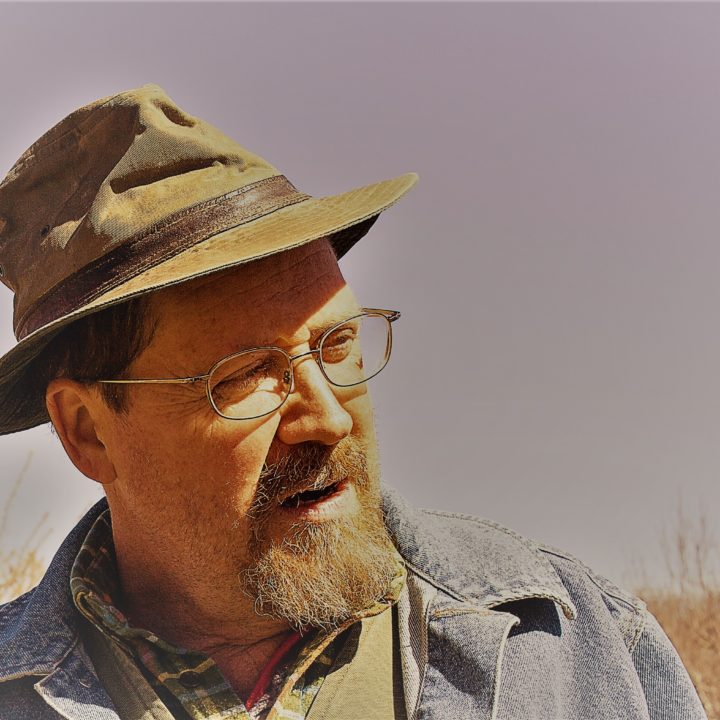Being neither Catholic in the specific nor religious in the general, I’m surprised to find my farmer’s mind wandering along these paths while watching the sunrise:
It is early Saturday morning and the mists congregate in the holler near our farm. An ancestor might have thought them in quiet conversation before lifting slowly in the predawn light. Perhaps it was an act of praise as the sun approached: all rise and disperse.>
Brother Sun … he is beautiful and radiant in all his splendor.
Would our world be different, better, if we had stayed closer to our animist past? Not usually given to speculation on matters theological, I have wondered if Francis of Assisi was moved by that longing when he wrote Canticle of the Sun. The 13th century composition is one of the few pieces of that heritage that celebrates the natural world less for the resources to be exploited than for the connectedness of wind, air, moon, sun, earth, and fire.
Be praised, my Lord, through Sister Moon and the stars; in the heavens you have made them bright, precious, and beautiful.
One imagines that echoes of the old world were still present in the Italy of his time, relics and practices from before the advent of monotheism. Hints that much of human history had not been built on the concept of man as the pinnacle achievement. Instead, a world in which water or stone was as connected with life as child or hawk.
Be praised, my Lord, through Sister Water; she is very useful, and humble, and precious, and pure.
The power of Assisi’s vision of interconnectedness provides an opportunity for reverence in the use of this world. That an incomprehensible vastness of the universe, springing from a single explosive act, gives us a bond with all that is animate and inanimate. We have traveled far from that sense of belonging.
Be praised, my Lord, through Brother Fire, through whom you brighten the night. He is beautiful and cheerful, and powerful and strong.
What would the world look like if that had been our path? Better, worse? I do know that there is a hint of vanished possibilities in these lines from the old saint. And perhaps a draft for future actions.
Be praised, my Lord, through our sister Mother Earth, who feeds us and rules us, and produces various fruits and colored flowers and herbs.
An outlook of one connected to the land, to the rhythms of the world, one we disdain from the vantage point of our disconnected lives. We, who even in death, strive to be apart from the world that gave us birth.
Be praised, my Lord, through our sister Bodily Death, from whose embrace no living person can escape.
A knowledge that in spite of the destruction we wield and the damage inflicted to this world that the act of creation continues across a universe indifferent to our poor choices and sense of importance.
And that the next act for this farmer may be as a speck of dust, adrift …
He closes his canticle: With great humility.







